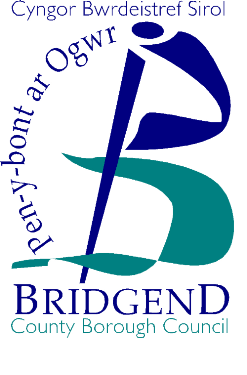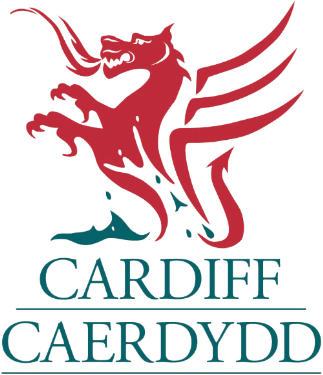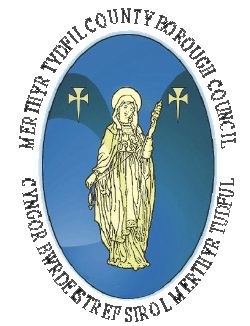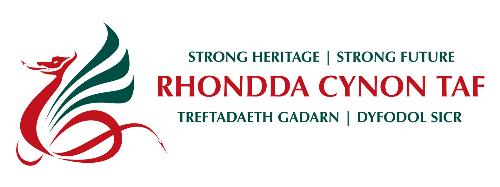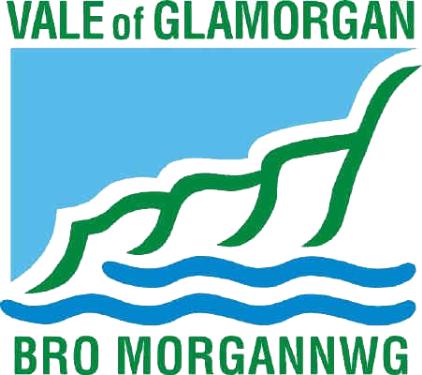The Central South Consortium (CSC) is a school improvement service which operates on behalf of five local authorities: Bridgend, Cardiff, Merthyr Tydfil, Rhondda Cynon Taff and the Vale of Glamorgan.
This region has the highest population of any in Wales and continues to be the fastest growing. 146,000 children and young people are served by 398 schools. This is a third of the Wales’ school-age children. The region is home to the highest number of children living in poverty; it is also home to the capital city and the economic, financial and creative industries of Wales.
Our Aim
To improve educational outcomes for all pupils, and the outcomes for vulnerable learners fastest. The success of schools in this region is the key to the future economic and social success of Wales. We are improving. We need to do more.
Our Ambition
Our ambition is, by 2020 that:
Learners sustain the best educational outcomes in Wales, rivalling similar parts of the UK
The poverty-related attainment gap is reduced faster here than anywhere else in Wales
That the region is known and recognised for its high-quality school-led professional learning and the impact it has on outcomes
Buidling a Self Improving System
Improved teaching and leadership can only be sustained by a move away from a school improvement model dependent on central support, to a by-schools-for-schools model which builds capacity for collective improvement. In this way teachers learn from other teachers, leaders support each other to improve and learning about improvement through practice is embedded in the culture of schools across the region.
In this system resources are focused on opportunities for teachers and leaders to learn from each other, to try out new approaches or lead research projects which will improve their teaching and that of others. Leadership grows through succession planning to lead improvement across the system. The challenge adviser works to signpost and broker support, intervening only where necessary. Accountability is clear and used effectively to drive improvement.
Under the Central South Wales Challenge, schools across the region design and lead models for sharing practice, underpinned by effective evaluation. The strategy assumes that:
Schools are communities where collaborative enquiry is used to improve practice
Groupings of schools engage in joint practice development
Where necessary, more intensive partnerships are formed to support schools facing difficulties
Families and community organisations support the work of schools
Coordination of the system is provided by school leaders themselves
Local authorities work together to act as the ‘conscience’ of the system






